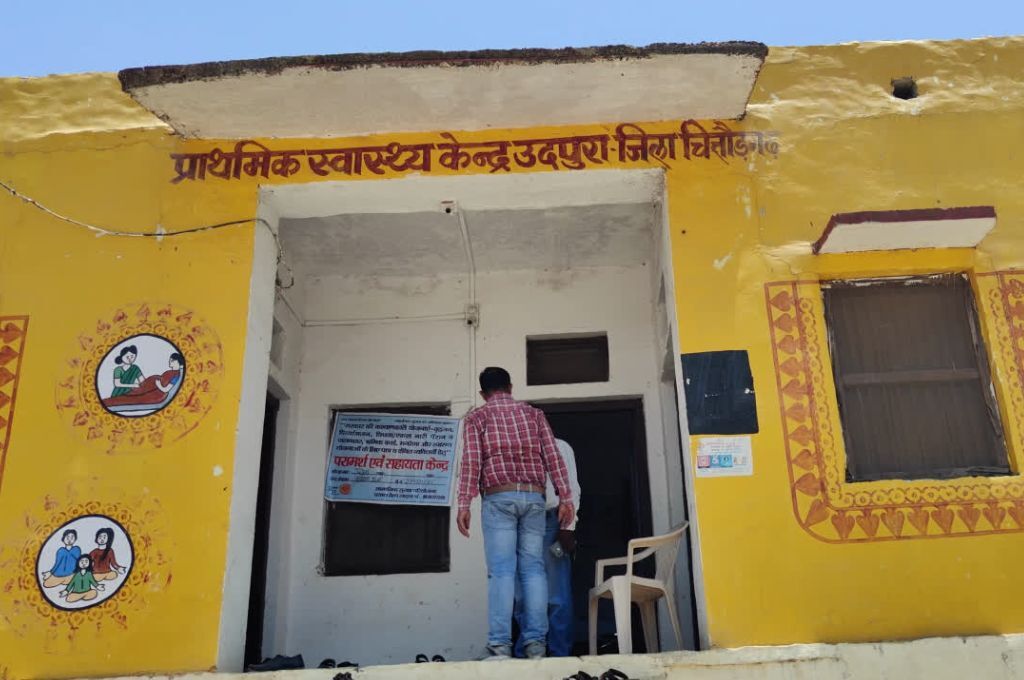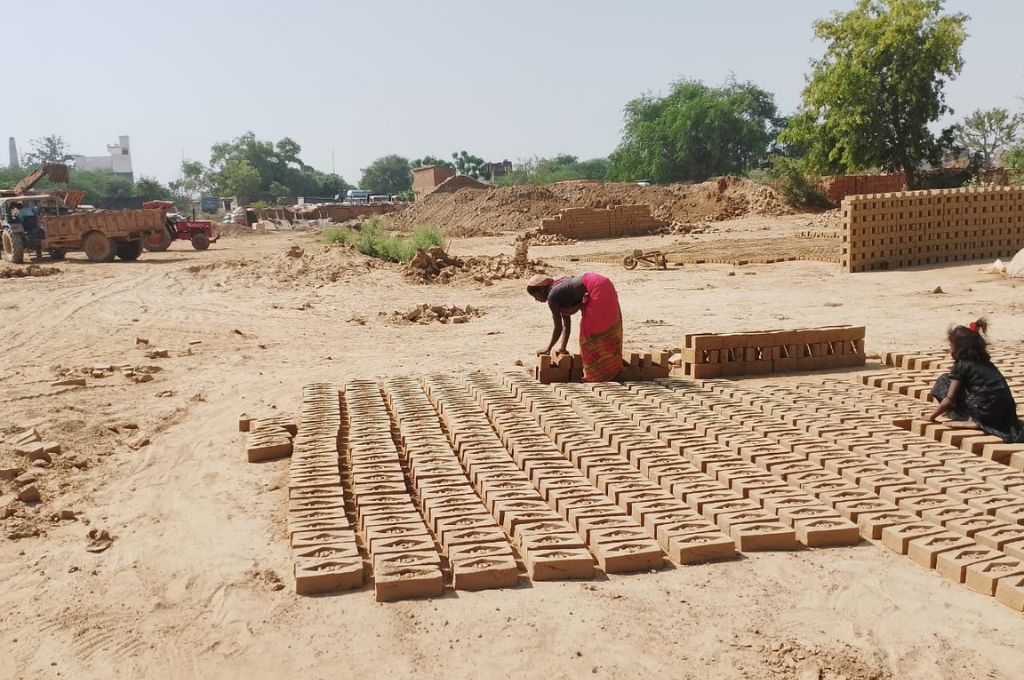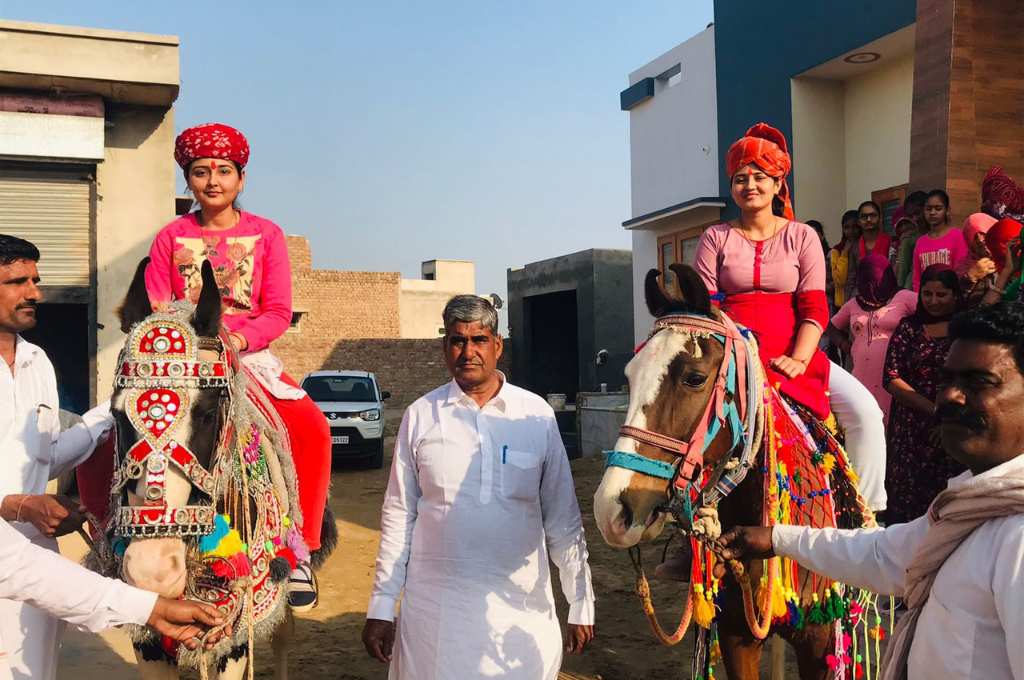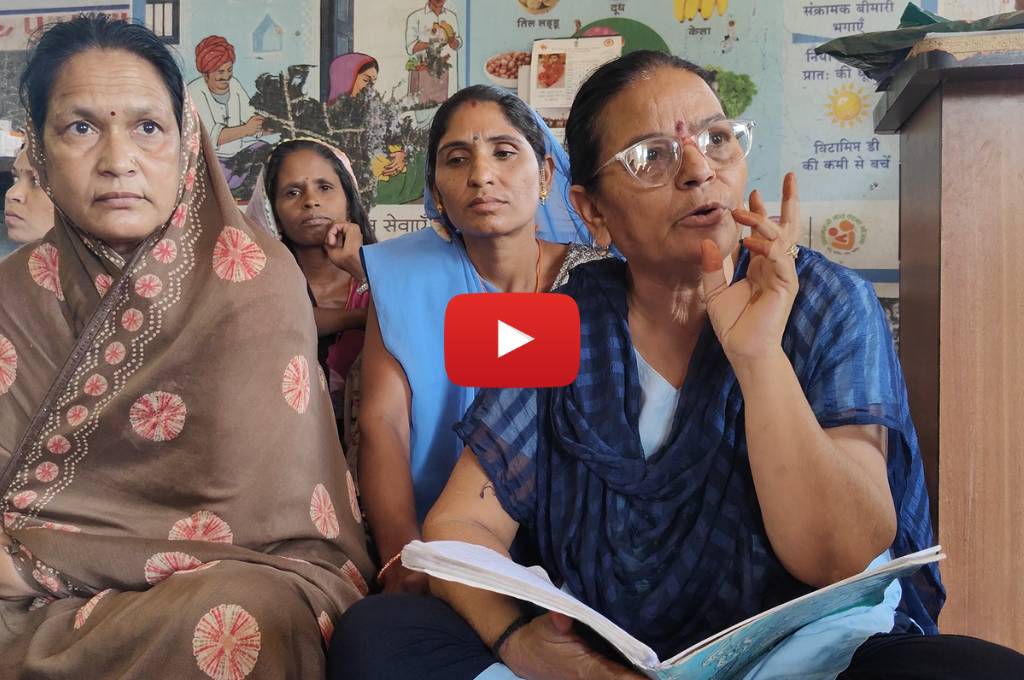READ THIS ARTICLE IN
Chemical-based or natural farming? Assam farmers choose both
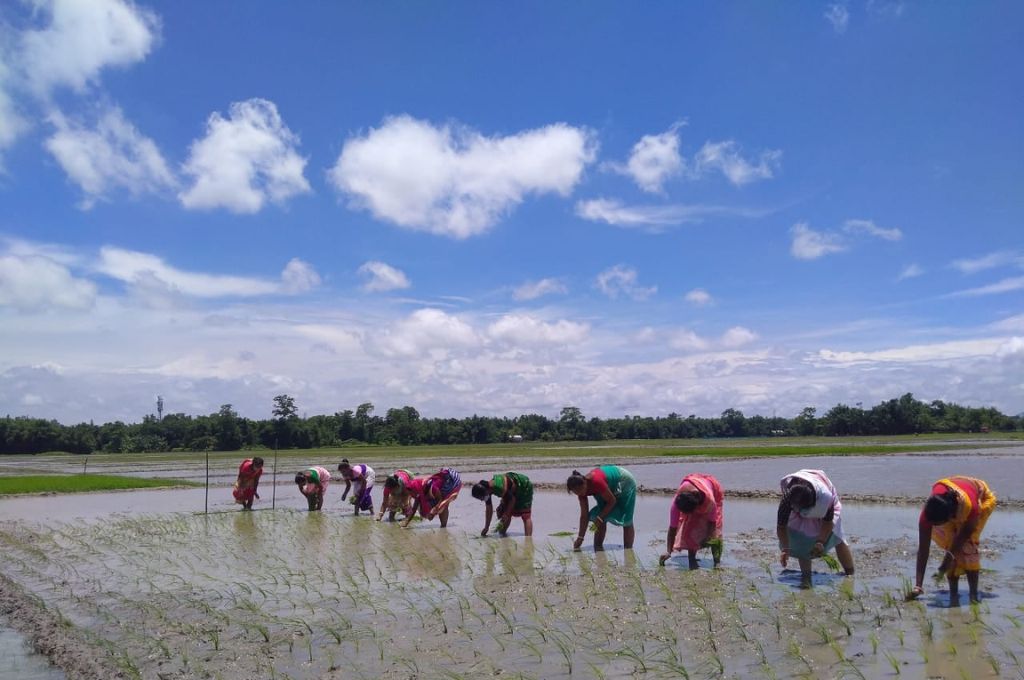
In recent years, there has been an increased reliance on chemical practices and hybrid seeds among farmers in Assam. The state and central governments are simultaneously promoting natural and chemical practices on the ground, which sends out a confusing message to the communities. For instance, the agriculture department provides vermicomposting kits when distributing seeds to the farmers. At the same time, however, it also distributes nitrogen-phosphorus-potassium (NPK) fertilisers, zinc, and urea kits.
In addition, the government is telling the communities that natural farming methods may result in a lower yield, even though this notion is not necessarily true. Yield is a function of several factors including soil health, irrigation, potential of the seed, and presence of weeds and pests. In any case, it is an accepted narrative among the farmers now, and they stick to chemicals like urea because they want instant results.
The farmers SeSTA works with in Chirang district tell us that they understand the negative impact of chemicals on agriculture. They are well aware that the food produced using these methods isn’t good for health, which is why many of them have divided their land into two parts. They practise natural farming on the land where they grow food for their own consumption and follow chemical-based farming for the produce that they sell in the market.
Kaustav Bordoloi works as a digital and communications specialist at SeSTA; Polash Patangia works as a partnerships and communication executive at SeSTA.
—
Know more: Learn about the unforeseen consequences of erosion in Assam’s Majuli district.
Do more: Connect with the authors at [email protected] and [email protected] to learn more about and support their work.
